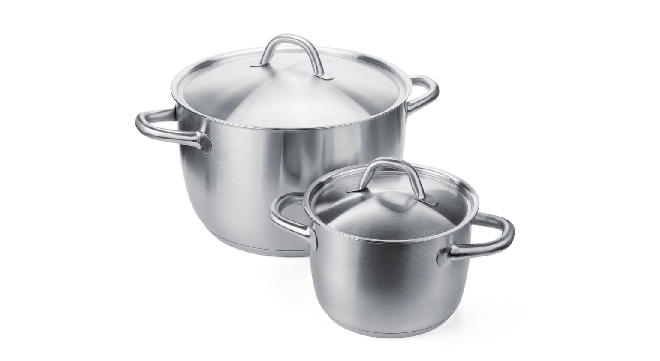A number of complex issues on how the proposed “two pots” retirement system will work in practice still have to be clarified, and fund members who are expecting immediate access to their savings will be disappointed.
This was the message from Old Mutual Corporate in a roundtable engagement on retirement reform in the wake of the proposals announced previously by National Treasury, and during, Thursday’s Medium Term Budget Policy Statement.
In his speech, Finance Minister Enoch Godongwana said National Treasury was “proposing measures to boost household savings by increasing preservation before retirement and to increase flexibility through partial access to retirement funds through a ‘two-pot’ system. In terms of this system, individuals would be able to access contributions to the one pot, while contributions to the other pot would be saved until retirement.
“These measures would require legislative changes and further consultation. Limited withdrawals would also depend on affordability and liquidity of funds.”
Old Mutual Corporate said the change will be massive for South Africa’s retirement system, because it will remove the link between making pre-retirement withdrawals and changing jobs, resigning or retrenchment.
South Africa was one of the few countries in the world that allowed members to access their retirement savings when changing jobs.
From the date on which the new system takes effect, two savings pots will be created: a non-accessible pot, where the savings cannot be accessed until retirement, and the accessible pot, from which members will be able to make withdrawals when they face a financial emergency.
It is well known that members’ lack of preservation is one of the main reasons they do not retire financially secure.
Old Mutual Corporate said removing access to a portion of retirement savings will improve retirement outcomes for South Africans, because there will be a lot more preservation.
Once the two-pot system takes effect, people who a join retirement fund will automatically have a portion of their savings preserved until they retire.
Old Mutual Corporate pointed out that switching to the two-pot system will require vast changes to legislation, as well as to the systems of retirement funds and administrators. In light of this – not to mention the consultation that have to take place to finalise the details – it is unlikely that the system will be up and running in the short term.
Godongwana said Treasury will “shortly” publish a discussion document on the details of the two-pot system to obtain input before further announcements are made in the 2022 Budget.
The key issues that need to be addressed include:
- The access/preservation split: Many commentators, including Old Mutual, have based their modelling of the two-pot system on the assumption that it will be one-third access and two-thirds preservation – in keeping with the ability to take a one-third cash lump sum at retirement. However, Treasury has yet to announce what the proposed access/preservation split will be.
- Vesting rights. Similar to when the annuitisation of provident fund benefits was introduced, it is likely that the two-pot system will apply only to contributions made from the date on which the legislation takes effect. The implication is that the current withdrawal rules will still apply when members cash out savings accumulated before the implementation of the two-pot system. Effectively then, people already in the retirement system will have three pots: savings accumulated pre-two pots, an accessible pot, and a preservation pot.
- Retirement funds are not currently designed for members to make frequent withdrawals. The legislation will have to provide for how frequently withdrawals can be made from the accessible pot and the criteria that will apply: will members have to demonstrate financial need?
- The industry is awaiting clarity on the tax treatment of withdrawals from the access pot.
Old Mutual Corporate said the retirement industry was looking forward to details on how the two-pot system will work when Treasury issues its discussion paper.
It said if the two-pot system was implemented properly, it would undoubtedly benefit the retirement outcomes of members in the long term.






What could be the effect of divorce? Could one party simply empty the one pot to leave your ex with half of the rest.